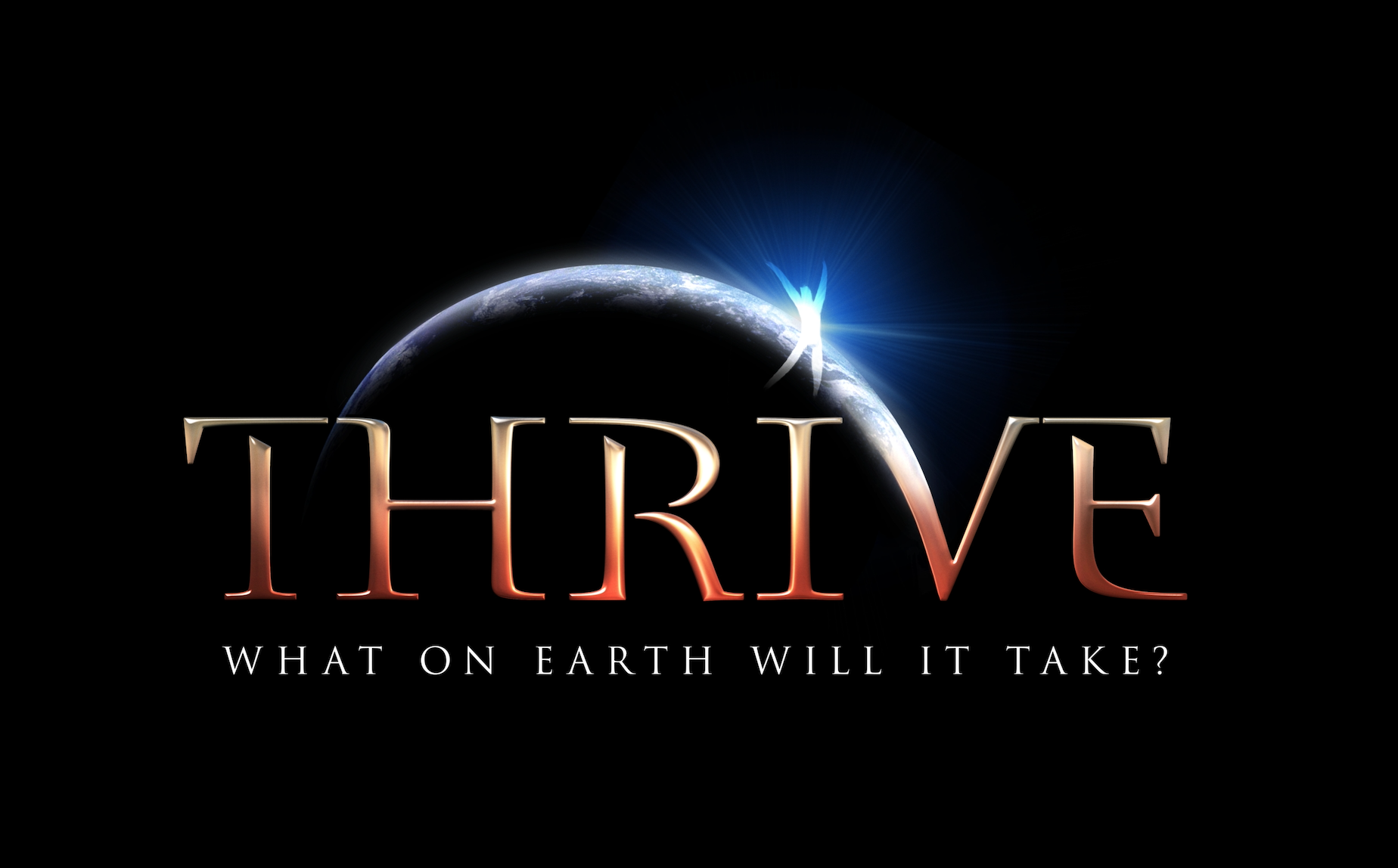HOW TO PUT YOUR MONEY WHERE YOUR HEART IS
I realize not everyone is a researcher, or considers themselves an activist, but everyone spends money and the fact is that every dollar is a vote for one kind of world or another. What kind of world are you buying?

I realize not everyone is a researcher, or considers themselves an activist, but everyone spends money and the fact is that every dollar is a vote for one kind of world or another. What kind of world are you buying?
Most of the world’s problems are rooted in economics and consciousness — the consciousness that is based in scarcity and the economics that deliberately funnels financial wealth into the same few hands.
I believe solving these problems requires integrity — and the willingness to live in accord with our values. What’s called for are strategic responses informed by inner guidance — actions based on self-knowing, self-reflection and self-correction.
Following are some insights and strategies I’ve learned over the years in my own quest to be informed and to align my actions with my values. To learn more about following the money you can check out various links on our website. Meanwhile, here are some tips for how to “follow the money” so that you can honestly help create a better world.
If you are supporting a charitable cause you can follow the money like this:
Let’s say you are passionate about nature and protecting wildlife, and you are considering contributing to a charitable organization that provides protection of corridors for the animals to roam. If you give $100 to an organization that protects wildlife, and that organization banks with Union Bank of California, you are giving $900 worth of lending power to the bank and only $100 to the cause you support. Union Bank of California is owned by Mitsubishi, who is responsible for vast clear cutting, which is one of the major threats to wildlife. This happens because of fractional reserve lending, which allows banks to loan out about 9 times the money they have on deposit. So a contribution to an organization that banks responsibly is a very leveraged contribution, just as a financial gift to one that banks with the tapeworm twenty is going to greatly undermine the impact you are hoping to have.
If you really want to help wildlife, or achieve any number of good changes promised by various organizations, then check to see where the philanthropic organization you support keeps their money. You can call them up and ask, or you can check their Annual Report, which is required to be available to the public. I suggest you speak directly to the people in charge of the organization you want to support. Many people are simply uniformed.
It is also not an effortless process to move a large organization’s money — there are many perks from the banks and they will do a lot to keep big clients. Here is a link to some questions and considerations that can help them make the move. The more people do this the more competitive local banks and credit unions can become in terms of their services.
Meanwhile, it is a question of values: Is it worth financially supporting the people and institutions who are causing so much destruction on this planet and in our lives simply because they offer cheaper ATM fees and more immediate convenience?
You can tell the head of the organization that you will contribute when they change their bank to a local bank or credit union. Even if it’s not your local bank, if the charitable organization is based somewhere else, for instance, they can still bank with an institution that is local to them and their different branches, thereby making those communities more resilient while simultaneously de-funding our demise.
If there is a project in your town that you are concerned about:
Another way to be more leveraged in our efforts is to consider the flow of money with projects that are destructive to people and the planet. Let’s say it’s a proposed coal-fired power plant. Find out what corporation is proposing, or benefitting from, the contract. One of the main coal companies around the world is AES Gener, so for these purposes we’ll say that is the corporation behind the project in your town.
AES Gener has to have a loan to fund the project. Just like you need a loan to build a house or start a business, big corporations need loans to fund their projects. Go to the website of the company. Go to the investor relations section and look up their SEC filings — particularly their annual report 10K and their annual proxy for indications of their lead bank. Sometimes it can be found in the exhibits (such as loan documents) to their annual report. The SEC filings can also be found on the SEC’s website under their EDGAR system (Electronic Data Gathering, Analysis, & Retrieval).
Sometimes this is a tedious task and takes some sleuthing, and may also show up indirectly. It is usually in fine print and amidst seemingly boring information.
I first got the idea for this by doing a search for the word “risk” while I was digging around looking for the funding institution of a proposed coal plant. The 10K report had a statement saying that one of the risks to their shareholders was bad publicity for their bank. Voila! What a good idea! Create big risk to the funder and the project gets pulled! (Much of the money for coal plants in general, and for AES Gener in particular, is loaned by Bank of America. So if you oppose coal-based energy, don’t bank with Bank of America.)
Expose the connection publicly. Boycotts are one of the most effective strategies, because the banks rely on our deposits for the funds they use to make their loans. I suggest you tell everyone you know who opposes the project that you are withdrawing your money from the bank that’s providing the loan, and why. It is also valuable to put in writing to the bank why you are withdrawing your funds.
No matter what subject I look into, the money almost always follows a predictable chain of command, benefitting big banks, and consolidating power into the hands of the people who own and control them. This is true globally, nationally and locally. The banking system is the mode by which it happens. So the place to follow the money is by looking to the banks, the bankers and the corporations they lend to.
Being a discerning shopper can make a big difference, too. Did you know Coca Cola owns Odwalla? Why does it matter? Here’s a link describing some of the owners of the brands that appear local and organic until you take a deeper look. If you don’t support what they are doing, then choose another brand.
I believe the longing we all have for inner peace is mirrored by the longing we all have for peace around us.
You have a lot more power than you might realize.
